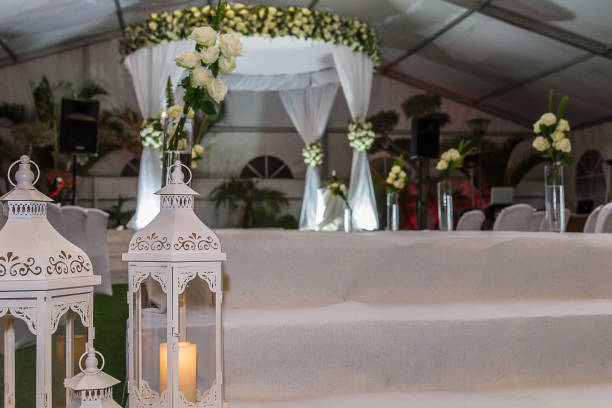Introduction
When it comes to honoring the passing of a loved one, there are various choices to make, with the most fundamental decision being whether to opt for a direct cremation or a traditional funeral. The choice you make can significantly impact your experience and costs during a challenging time. In this blog, we'll explore the differences between direct cremations and traditional funerals, helping you make an informed decision.
What is a Direct Cremation?
A direct cremation is a simple and cost-effective alternative to a traditional funeral. It involves the cremation of the deceased shortly after death, without a visitation, viewing, or funeral service. The ashes are returned to the family, allowing for more flexible memorialization options.
What is a Traditional Funeral?
A traditional funeral typically involves embalming, a viewing or visitation, a formal funeral service, and then burial or cremation. It is often a more elaborate and structured process, with various ceremonies and rituals.
What are the Cost Differences?
Direct cremations are generally more affordable than traditional funerals. Traditional funerals can involve many expenses, such as caskets, embalming, and elaborate services, while direct cremations focus solely on the cremation process, which is typically less expensive.
What About Memorial Services?
With direct cremations, families have the flexibility to plan a memorial service or celebration of life at a time and location of their choosing. Traditional funerals usually include a formal service at a funeral home or church.
How Does Timing Differ?
Direct cremations are usually conducted within a few days of death, while traditional funerals may take longer to plan and execute due to the various components involved.
What's the Environmental Impact?
Direct cremations are generally considered more environmentally friendly than traditional burials, as they don't require embalming or the use of burial plots. However, cremation does have its environmental considerations, such as energy consumption.
What Role Does Personalization Play?
Traditional funerals often offer more opportunities for personalization through viewings, religious ceremonies, and eulogies. Direct cremations allow for personalization through memorial services or scattering ceremonies.
Are There Religious Considerations?
Religious and cultural beliefs can influence the choice between direct cremations and traditional funerals. Some faiths have specific requirements or preferences regarding burial or cremation.
Can I Preplan These Services?
Both direct cremations and traditional funerals can be preplanned. Preplanning allows individuals to make decisions in advance, alleviating some of the burdens on their loved ones during a difficult time.
Conclusion
In the end, the choice between direct cremations and traditional funerals depends on your personal preferences, budget, and the wishes of your loved one. While direct cremations offer simplicity and cost savings, traditional funerals provide more formal rituals and opportunities for personalization. No matter which option you choose, HolguinCremations is here to help you navigate this challenging time with compassion and professionalism. Whether you opt for a direct cremation or a traditional funeral, the key is to honor the memory of your loved one in a way that feels right for you and your family.




